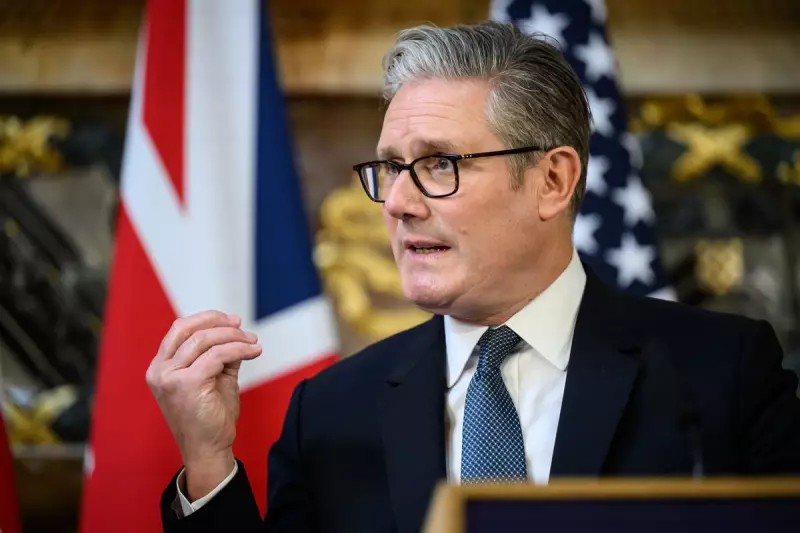
Prime Minister Keir Starmer has delivered a stinging rebuke to tech billionaire Elon Musk, labelling his endorsement of far-right activist Tommy Robinson as a "spectacular failure of judgement". The extraordinary confrontation emerged after Musk publicly backed Stephen Yaxley-Lennon, the controversial English Defence League founder better known by his pseudonym.
Platform Endorsement Sparks Political Firestorm
The controversy ignited when Musk responded to a post by Robinson on X (formerly Twitter), stating: "I have to agree with Tommy Robinson here." The interaction immediately drew widespread condemnation from political figures and anti-racism organisations across Britain.
Speaking to reporters, the Prime Minister didn't mince words: "For Elon Musk to endorse someone like Tommy Robinson represents a spectacular failure of judgement and sends entirely the wrong message." Starmer emphasised that Robinson "stands completely against the values that our country represents".
Who Is Stephen Yaxley-Lennon?
Stephen Yaxley-Lennon, who operates under the name Tommy Robinson, has been a highly controversial figure in UK politics for years. His background includes:
- Founding the far-right English Defence League in 2009
- Multiple convictions for various offences including fraud and assault
- Contempt of court charges that resulted in imprisonment
- Being banned from multiple social media platforms for hate speech violations
Musk's Troubled Relationship with UK Leadership
This incident marks the latest chapter in the increasingly strained relationship between the world's richest man and the new Labour government. Since taking office, Starmer's administration has been critical of Musk's handling of content moderation on X, particularly concerning hate speech and misinformation.
Political analysts suggest this public spat reflects broader tensions between democratic governments and unaccountable tech billionaires who control increasingly influential digital public squares.
Broader Implications for Social Media Governance
The confrontation raises significant questions about:
- The responsibility of platform owners in amplifying divisive figures
- The balance between free speech and preventing hate speech
- How governments should engage with private tech companies that function as de facto public spaces
- The growing influence of individual billionaires on global political discourse
As this story develops, it underscores the challenging landscape facing policymakers attempting to regulate digital spaces while respecting fundamental rights and freedoms.





